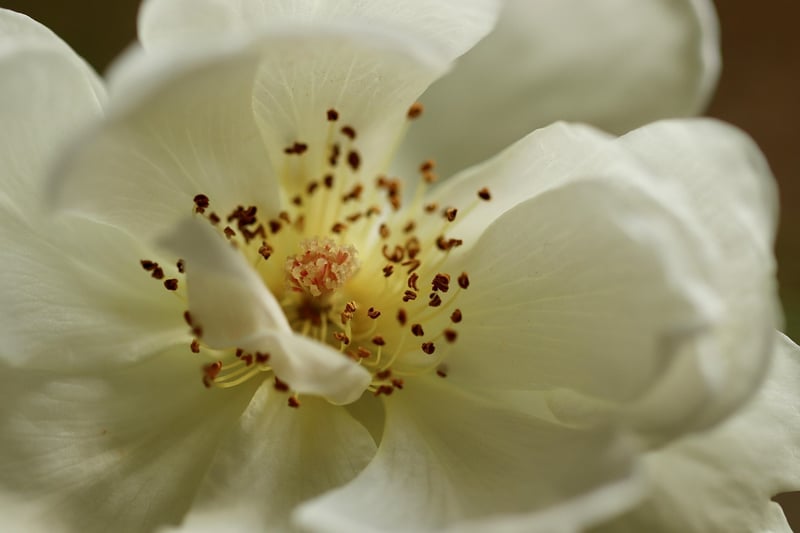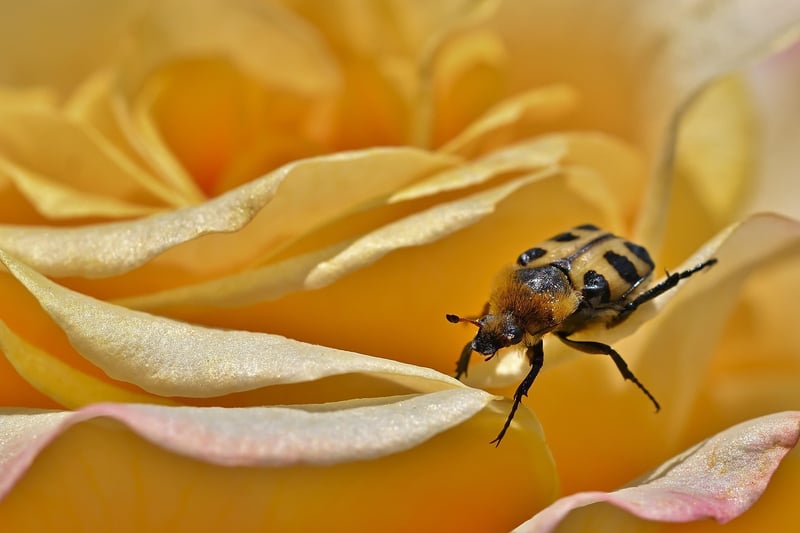Pruning Techniques
Keeping Your Garden Healthy: Essential Pruning Techniques
Having a healthy garden not only enhances the beauty of your outdoor space but also promotes the growth and vitality of your plants. One crucial aspect of garden maintenance is proper pruning. Pruning helps maintain the shape of your plants, encourages new growth, and prevents diseases. Here are some essential pruning techniques to keep your garden in top shape:
1. Deadheading
Deadheading is the process of removing spent flowers from plants. This technique not only improves the appearance of your garden but also redirects the plant's energy towards producing new blooms. It's essential to deadhead regularly to promote continuous flowering throughout the season.

2. Thinning
Thinning involves selectively removing branches to improve air circulation and light penetration within the plant. This technique helps reduce the risk of fungal diseases and promotes healthy growth. Use clean, sharp pruners to thin out crowded areas and maintain the plant's overall structure.

3. Heading Back
Heading back is the practice of cutting back the tips of branches to encourage branching and denser growth. This technique is particularly useful for shaping hedges, bushes, and shrubs. Regular heading back promotes a compact and lush appearance while stimulating new growth.

4. Rejuvenation Pruning
Rejuvenation pruning involves cutting back overgrown or neglected plants to stimulate new, vigorous growth. This technique is beneficial for old shrubs or trees that have become sparse or leggy. By removing older branches, you can rejuvenate the plant and encourage a fresh, healthy appearance.

By incorporating these essential pruning techniques into your garden maintenance routine, you can ensure the health and vitality of your plants while enhancing the overall beauty of your outdoor space. Remember to use the right tools, such as sharp pruners, and always prune with care to promote optimal growth and blooming.
Happy pruning!
